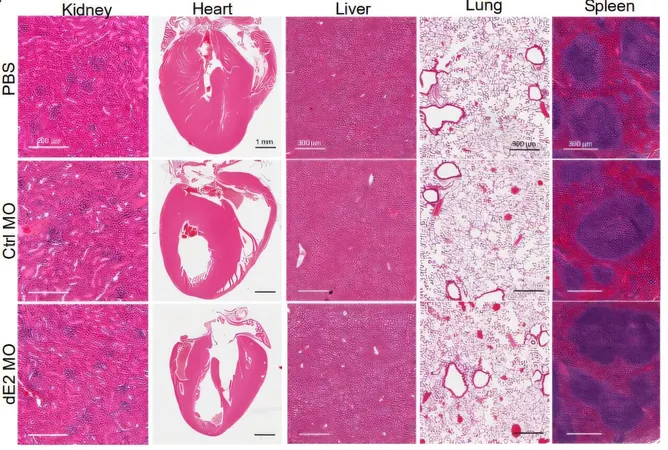
Revolutionary Cancer Breakthrough: Scientists Transform T Cells from Protectors into Killers!
2025-09-08
Author: Yu
A Game-Changing Discovery in Cancer Treatment
In a groundbreaking development, scientists from Indiana University School of Medicine have unveiled a revolutionary technique that transforms immunosuppressive cells, traditionally thought to safeguard tumors, into powerful tumor-fighting warriors. This innovative study, featured in *Science Immunology*, holds immense promise for aggressive cancers such as triple-negative breast cancer, colorectal cancer, and melanoma.
The Hidden Role of Regulatory T Cells
Regulatory T cells, a type of white blood cell, play a crucial role in maintaining our immune system's balance, helping to prevent autoimmune diseases and allergies. However, within the tumor microenvironment, these cells become obstacles, effectively blocking the immune system's ability to target and attack cancer cells.
A Safer Approach to Reprogramming T Cells
Led by Dr. Baohua Zhou, a key researcher in the study, the team aimed to modify the behavior of regulatory T cells without eliminating them, which can induce dangerous autoimmune conditions in patients. Instead, they sought to redirect these cells to turn their energies towards attacking tumors.
Targeting the FOXP3 Gene: A Breakthrough Strategy
The research centers around the FOXP3 gene, responsible for the development and function of regulatory T cells. The scientists engineered a novel drug known as a morpholino that specifically targets FOXP3, compelling regulatory T cells to produce a shorter, more aggressive variant of the FOXP3 protein. According to Dr. Naresh Singh, a co-author on the study, altering the expression of FOXP3 effectively reprograms these tumor-protective cells into allies that assist other immune cells in obliterating tumors from within.
Promising Results from Animal Studies
In preclinical trials, mice expressing only the short version of FOXP3 remarkably cleared triple-negative breast cancer tumors. This promising effectiveness was validated using an advanced mouse model that closely mimics human FOXP3 expression, alongside laboratory tests on tumor samples from actual breast and colorectal cancer patients.
Future Aspirations: Clinical Trials on the Horizon
Dr. Zhou emphasized the extraordinary results seen in triple-negative breast cancer, one of the most challenging forms of the disease. Encouraging outcomes in various other tumor types suggest that this new approach could revolutionize treatment across a spectrum of cancers. The team is now excitedly working towards advancing this patent-pending morpholino technology into clinical trials to assess its potential safety and efficacy for cancer patients.
The Collaborative Effort Behind the Breakthrough
This pivotal research has drawn contributions from several IU team members, including Yujing Li, Chuanpeng Dong, and others, all working in unison to tackle one of the most pressing health challenges of our time.



 Brasil (PT)
Brasil (PT)
 Canada (EN)
Canada (EN)
 Chile (ES)
Chile (ES)
 Česko (CS)
Česko (CS)
 대한민국 (KO)
대한민국 (KO)
 España (ES)
España (ES)
 France (FR)
France (FR)
 Hong Kong (EN)
Hong Kong (EN)
 Italia (IT)
Italia (IT)
 日本 (JA)
日本 (JA)
 Magyarország (HU)
Magyarország (HU)
 Norge (NO)
Norge (NO)
 Polska (PL)
Polska (PL)
 Schweiz (DE)
Schweiz (DE)
 Singapore (EN)
Singapore (EN)
 Sverige (SV)
Sverige (SV)
 Suomi (FI)
Suomi (FI)
 Türkiye (TR)
Türkiye (TR)
 الإمارات العربية المتحدة (AR)
الإمارات العربية المتحدة (AR)